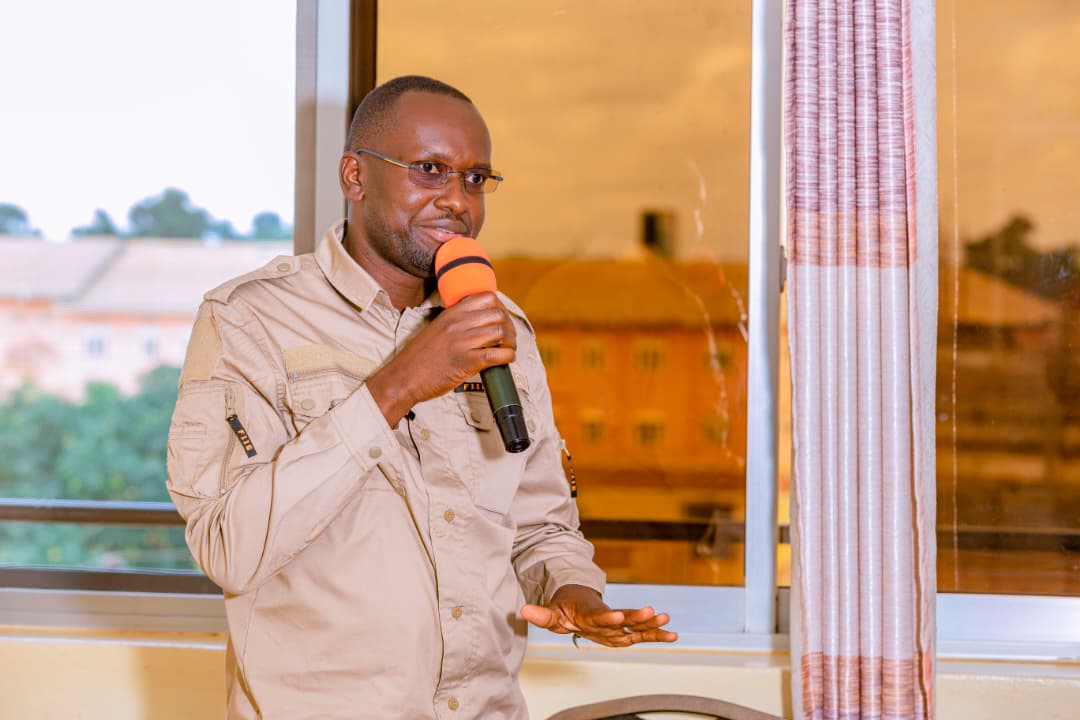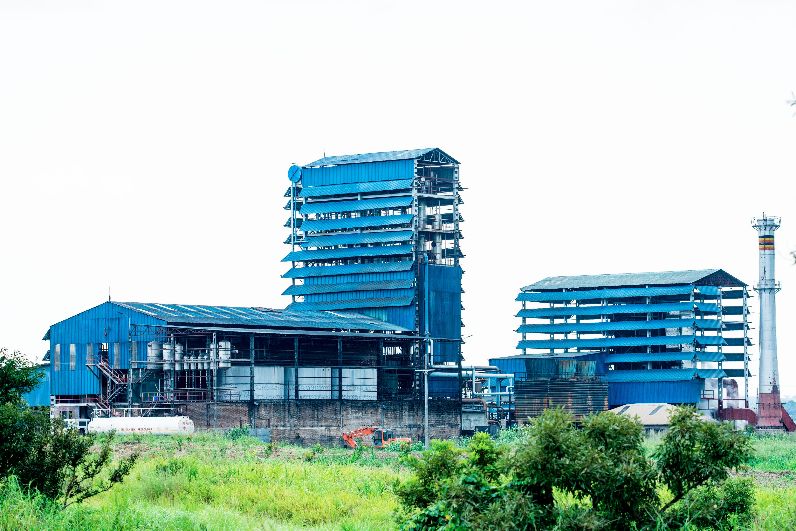Theme: “Chat GBV: Raising Awareness on AI-facilitated Gender-Based Violence against Women Journalists.”
Event: Commemoration of the International Day to End Impunity for Crimes Against Journalists
Venue: Lira City, Uganda
Date: October 31, 2025
Good morning, ladies and gentlemen,
Distinguished guests from UNESCO, UHRC, Uganda Police, UCC, the Office of the President, development partners, civil society and members of the media fraternity, I bring you warm greetings and appreciation for being part of this important commemoration.
Today, as we gather here in Lira City, we unite our voices to demand an end to impunity for crimes committed against journalists. We honor the courage of those who risk everything to uncover truth, give voice to the voiceless and uphold the principles of transparency and justice.

Acknowledging the Theme
The theme for this year, “Chat GBV: Raising Awareness on AI-facilitated Gender-Based Violence against Women Journalists” is both timely and urgent. In the age of artificial intelligence and digital communication, we are witnessing a dangerous evolution of violence, not just physical but digital, psychological and reputational.
Women journalists are increasingly subjected to online harassment, cyberbullying, sexualized attacks and threats orchestrated through social media and AI-powered manipulation.
These forms of abuse are designed to silence, intimidate and exclude women from public discourse. This is not only a gender issue, but also a democratic crisis. When a woman journalist is silenced, society loses a voice that could hold power to account, expose injustice or inspire reform.
Ugandan Context (Crimes and GBV Against Journalists)
Uganda has made progress in promoting media freedom but the threats remain deeply concerning. Across the country, journalists continue to face intimidation, arbitrary arrests and violence while executing their duties.
In Lango sub-region, several journalists (men and women alike), have endured harassment, confiscation of equipment and threats for reporting on governance, land rights and corruption.
In Northern Uganda, there have been cases where female journalists covering sensitive community issues have faced targeted gender-based insults, online smear campaigns and threats to their safety. In Lira, we recall instances where (women) reporters were verbally assaulted while covering political and civic events with little or no accountability for perpetrators.
 Nationally, organizations such as the Human Rights Network for Journalists (HRNJ-Uganda) have documented multiple cases of violence and harassment, including the assault of journalists during demonstrations, elections and the persistent impunity that emboldens attackers.
Nationally, organizations such as the Human Rights Network for Journalists (HRNJ-Uganda) have documented multiple cases of violence and harassment, including the assault of journalists during demonstrations, elections and the persistent impunity that emboldens attackers.
These realities remind us that the struggle for media freedom is also a struggle for human rights, for gender equality and for the dignity of every journalist.
AI-Facilitated GBV — A New Frontier of Threats
The rapid advancement of artificial intelligence has amplified both opportunities and risks. While AI offers tools for efficiency, analysis and innovation, it has also created new platforms for hate speech, misinformation and gender-based cyberattacks.
Deepfake technology, manipulated images, and automated bots are being used to discredit women journalists, spreading false narratives that damage their credibility and careers. This digital violence often goes unpunished, largely because our legal and institutional frameworks are still adapting to this emerging reality.
We must therefore strengthen laws, enhance digital literacy and build systems capable of detecting and preventing online abuse before it escalates.
Call to Action
As we commemorate this day, let us renew our commitment to:
1. Promote accountability: No crime against a journalist, whether physical or digital should go unpunished.
2. Strengthen protection mechanisms: Media houses, civil society and government institutions must collaborate to safeguard journalists at all levels.
3. Empower women in media: Ensure safe working environments, equal opportunities and responsive mechanisms to report and address GBV.
4. Regulate responsibly: While respecting freedom of expression, regulate the use of AI to curb its abuse in spreading hate or facilitating harassment.
5. Promote solidarity: The fight against impunity requires collective courage from journalists, citizens, law enforcers and policymakers alike.
Closing Reflection
In the words of Nelson Mandela, “Freedom of the press is not just important to democracy; it is democracy.”
Let us therefore stand firm, as journalists, as citizens and as leaders to protect that freedom.
Let us defend the voices that inform, challenge and inspire. Let us ensure that every woman journalist in Lango, Northern Uganda and across our nation can speak boldly without fear.
Because when truth is silenced, injustice thrives. But when journalists are protected, society prospers.
Thank you.




